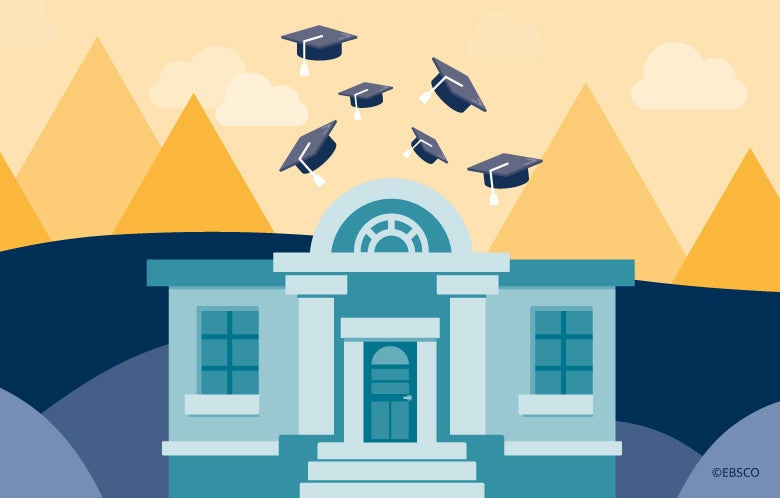With the end of the holiday season comes the annual ritual of setting goals for self-improvement in the new year. However, New Year’s resolutions don’t have to be about losing weight or hitting the gym more than once a month. They can also be about executing on a vision or changing the way you think about something — such as considering entrepreneurship as your next professional development goal.
NC IDEA is a private foundation located in Durham that focuses on growing the entrepreneurial ecosystem in North Carolina. The organization has an ambitious goal: to educate 100,000 North Carolinians with an entrepreneurial mindset over the next five years. To do so, they’ve enlisted the help of the Entrepreneurial Learning Initiative (ELI), “a global thought leader dedicated to expanding human potential through entrepreneurial mindset education.”
In December, ELI hosted a three-day training session to certify instructors for its Ice House Entrepreneurship Program, a course that aims to cultivate the entrepreneurial mindset people need to turn their ideas into companies. I was fortunate to participate and, early in the session, I recognized the potential of libraries to fuel economic development in their communities.
Apple or Orchard?
During the second day of training, we got word that Raleigh, North Carolina, had lost its bid to become Apple’s second headquarters. This was the second Fortune 500 company bid that the state had lost in the past few months ― we didn’t get Amazon either. The news didn’t go over well with the small business development officers, the economic development staff, the university and community college professors, or the independent consultants in the room.
The two groups that weren’t fazed by this announcement, however, were our mindset trainers and the NC IDEA staff. Rather than focusing on landing one or two billion-dollar companies, these two groups felt the state should work to grow 500 one-million-dollar companies.
Reinforcing this belief is ELI’s Ice House Entrepreneurship Program. The curriculum is the result of research funded by CISCO and the Kauffman Foundation. ELI founder Gary Schoeniger traveled the country filming successful entrepreneurs. His analysis found that successful entrepreneurs did not necessarily have breakthrough ideas, access to funding, or even strong business plans. Instead, they were regular people who happened to be self-directed, intrinsically motivated and had a problem they wanted to solve. Over and over again, our ELI trainers stressed that the keys to becoming a successful entrepreneur are not locked away in the hands of a few, but are available to all — if they have the right mindset.
What better outcome can we have for a community than to empower its citizens with mindsets that focus on solving the problems that fascinate them?
What better outcome can we have for a community than to empower its citizens with mindsets that focus on solving the problems that fascinate them?
How Can Libraries Help?
On several occasions, I found myself having to explain why I, a librarian, was participating in the Ice House instructor training. I even got this question from individuals who used the library. However, as we moved toward thinking about how NC IDEA was going to reach its goal of inspiring 100,000 North Carolinians to adopt an entrepreneurial mindset, those questions quickly went away.
A key concern of my workshop colleagues was this: How do we find 100,000 individuals in North Carolina who are self-directed, intrinsically motivated and open to learning something new? I asked them to think about the people who walked through the public library’s doors every day. It was a light-bulb moment for many.
On the final day of the workshop, each group presented an implementation plan for creating an entrepreneurial environment. When my group’s turn came, our spokesperson said that the best action we could take to reach that 100,000-participant goal was establish an entrepreneurial learning center in every public library in the state.
People’s University or Gateway to Success?
The public library has always been viewed as the “People’s University.” The American Library Association’s Intellectual Freedom Manual (7th ed.) states, “It is in the library, and in the library alone, that self-directed learning, to the limits of one’s abilities and to the limits of what is known, can take place” (p. xvii).
As we think about outcome measures and validating the library’s worth to its stakeholders, we might keep in mind what Ed O’Neal, told me about his library experience. Ed is the Entrepreneur in Residence at the University of North Carolina-Pembroke’s Thomas Entrepreneurship Hub. Using the resources available to him at his local library, Ed started three businesses that he continues to own, earned a patent, and occasionally has meetings with clients and partners. Ed also told me that he financially supports his library’s summer reading program. His grandsons (ages three and five) participate in library programs because, during his visits, he learns about what the library is doing.
What better outcome can we have for a community than to empower its citizens with mindsets that focus on solving the problems that fascinate them? I’m talking about not only the mindsets that lead to new businesses, but also those that create a better environment and a more equitable, just and engaged world.
When the Great Recession of 2008 happened, libraries responded by strengthening their services for job-seekers. According to a recent NPR/Marist poll, approximately one in five job holders in America is a contractor. Within 10 years, contractors and freelancers could make up 50 percent of the workforce. Will we do as good or an even better job when the folks coming through our doors are not looking for a job but looking for work? Are we prepared to help them develop the entrepreneurial outlook they will need to be successful in such an economic landscape?
Considering the three small businesses Ed O’Neal, started using public library resources, the answer is yes. North Carolina has only 497 more businesses to go.
References
Intellectual Freedom Manual, 7th ed. (2006). Chicago, IL: American Library Association Office for Intellectual Freedom.



